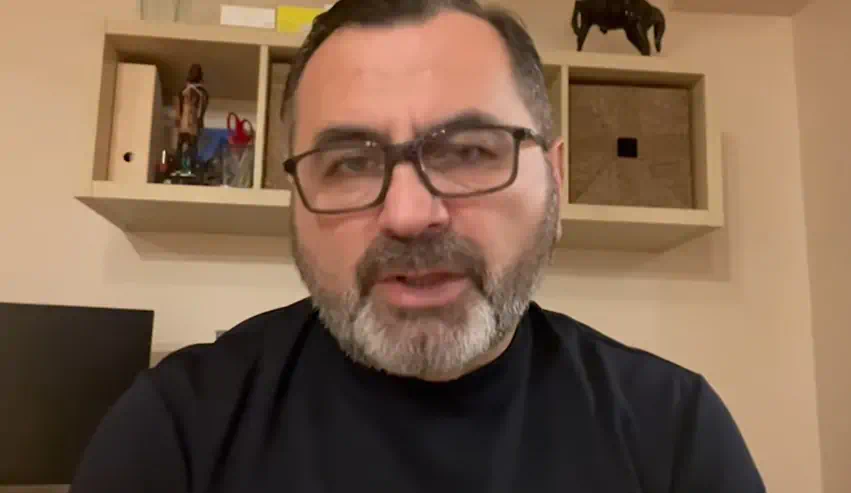The pandemic has led to a significant surge in medical needs and requirements. Hospitals, doctors, and nurses are facing a doubled workload, while individuals are hesitant to leave their homes due to safety concerns and other factors. Consequently, on-demand doctor apps and telehealth platforms have emerged as solutions, enabling customers to address medical issues from the comfort of their homes.
Telemedicine, or telehealth apps, empower patients to consult with doctors remotely. Through these apps, patients can select specialists and doctors, communicate with them via video calls or phone calls, and receive diagnoses and prescriptions sent directly to the nearest pharmacy for home delivery.
These apps have gained immense popularity due to their convenience and safety, resulting in widespread adoption globally. Consequently, the on-demand doctor app industry has become increasingly competitive and innovative, with nearly every hospital now offering such services to ensure the health and well-being of their customers even in the most challenging circumstances. For those considering entering the on-demand doctor app market to streamline the consultation process, here are a few steps to follow:
Understand the needs of your patients
App developers must thoroughly understand their customers’ requirements while developing an on-demand doctor’s app. Understanding both existing and potential patient needs will enable developers to tailor the app to appeal to customers and instill trust in its reliability. Basic features such as access to medications, pharmaceuticals, and diagnostics should be included in the app.
Incorporate AR/VR technologies
With the growing demand for personalized healthcare through apps, patients now expect a full hospital experience from the comfort of their homes. Therefore, it is crucial for app developers in Philadelphia and around the world to incorporate augmented reality (AR) and virtual reality (VR) technologies into their apps. These technologies allow customers to visualize medications, understand healthcare procedures in detail, and have a real-time experience each time they use the app. Additionally, they can assist doctors in understanding the patient’s illness more effectively.
Integrate essential features
App developers in Philadelphia and elsewhere must ensure that their app is designed to cater to both primary and urgent care needs. Therefore, it is essential to include certain essential features such as appointment scheduling and reminders, access to emergency medicine, in-app chat functionality, prescription delivery services, and video call capabilities.
Manage patient databases
To fully utilize the app’s potential, it should be capable of analyzing the data entered into it on a daily basis. This means that the app should be able to track patients’ medical histories and manage patient databases effectively to provide services that meet their needs perfectly. These databases can store a wealth of information, including patient names and addresses, medical histories, and details of frequently visited doctors.
Choose the right launch platform
Finally, it is crucial to launch the app on a platform that will reach the maximum number of patients. The app can be launched on various platforms such as the App Store, Google Play Store, or both. The chosen platform should make it easy for patients to download the app onto both mobile phones and laptops. App developers should also consider future growth plans for all platforms to ensure customer satisfaction as the app continues to evolve and expand.
In conclusion, telehealth apps have transformed the healthcare sector and the consultation process. Although they may entail initial costs, these apps can prove to be highly profitable and are essential for hospitals and healthcare institutions to remain competitive in today’s digital age. With the shift towards digital platforms and the emergence of multiple apps, hospitals worldwide will eventually need to develop telemedicine apps to effectively treat patients and thrive in a fiercely competitive and rapidly evolving market.








